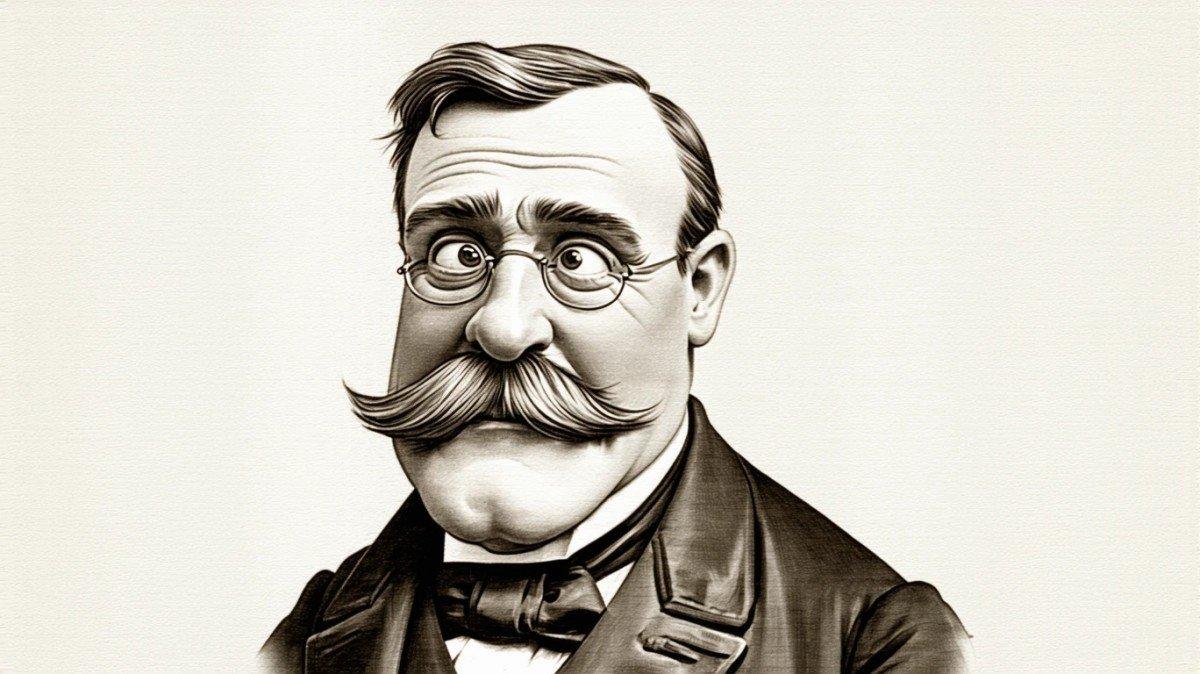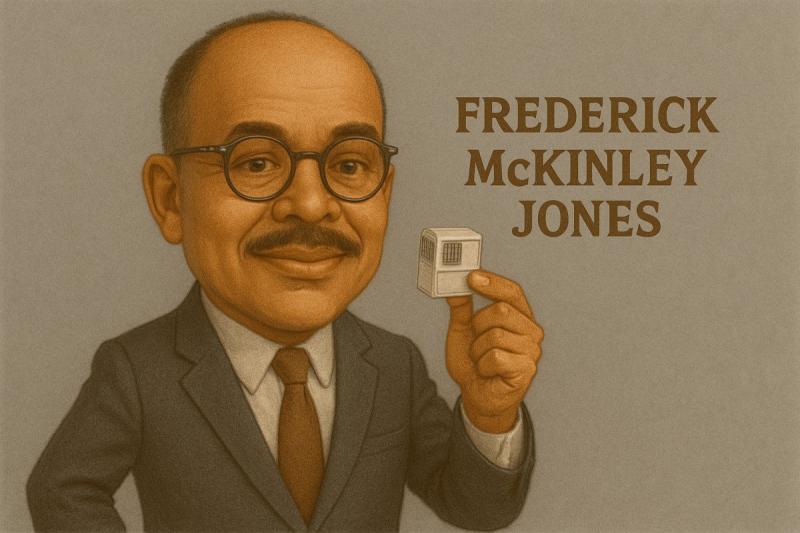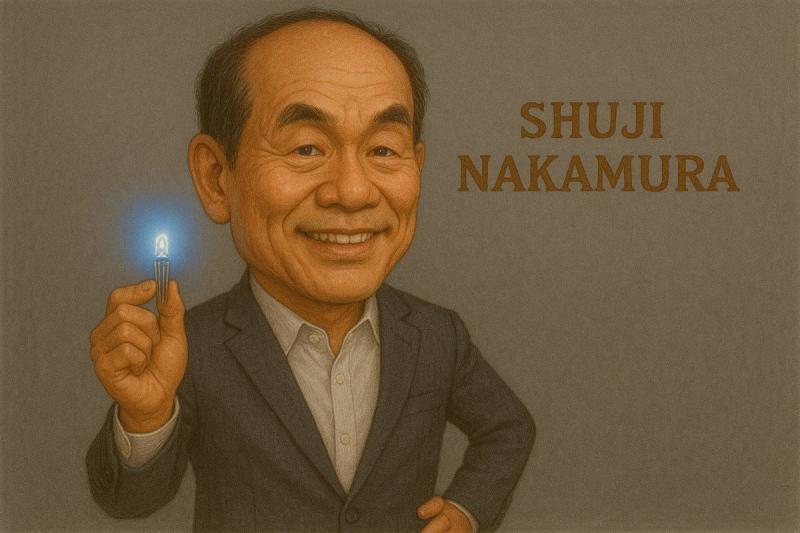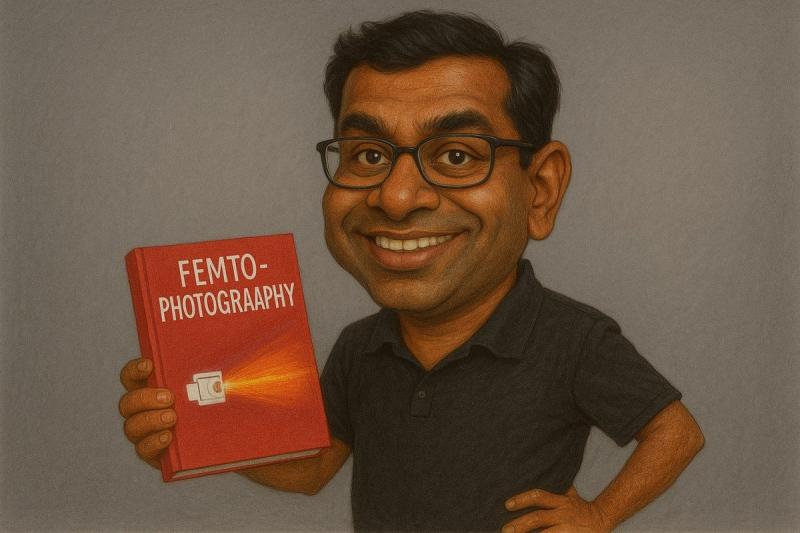Johann Conrad Dippel: The Real-Life Inspiration Behind Frankenstein?
Ever heard of the mad scientist who supposedly transferred souls between corpses and inspired one of literature's most iconic monsters? Let me introduce you to Johann Conrad Dippel – a name that might not ring any bells immediately, but his bizarre experiments and controversial reputation certainly left their mark on history.
Born in 1673 at Castle Frankenstein (yes, you read that correctly), this eccentric German alchemist, theologian, and physician has become something of a legend. But how much of what we "know" about him is fact, and how much is delicious fiction? Let's dig into the strange tale of a man who might just be the real-life Victor Frankenstein.
The Man Behind the Mystery
Dippel wasn't your average 18th-century intellectual. While most of his contemporaries were content with conventional academic pursuits, our friend Johann had... shall we say, unique interests. Theology, alchemy, anatomy, and the eternal quest for the elixir of life consumed his days and nights.
After studying theology, philosophy, and alchemy at the University of Giessen, Dippel developed an intense fascination with the human soul. He wasn't just interested in the philosophical aspects – he wanted to know if the soul could be manipulated, transferred, or preserved. Talk about ambitious career goals, right?
What makes his story particularly interesting is his birthplace – Castle Frankenstein near Darmstadt, Germany. I mean, you can't make this stuff up! The coincidence is almost too perfect, which is probably why the rumors connecting him to Mary Shelley's gothic masterpiece have persisted for centuries.
The Controversial Experiments
So what exactly did Dippel do that earned him such a notorious reputation? According to historical accounts (and plenty of rumors), he conducted some pretty disturbing experiments involving animal carcasses.
One of his most famous creations was something called "Dippel's Oil" – a concoction made by distilling animal bones, blood, and other organic materials at high temperatures. The resulting dark, foul-smelling liquid was touted as a "universal medicine" capable of curing everything from epilepsy to the common cold.
Apparently, he was so convinced of his oil's magical properties that he attempted to purchase Castle Frankenstein by offering the formula as payment. Spoiler alert: the owners weren't interested in the trade. Can't imagine why... :/
But it gets weirder. Some accounts suggest Dippel went beyond just animal experimentation. Rumors circulated that he exhumed human bodies for his research, attempting to transfer souls between corpses using funnels, hoses, and his mysterious elixirs. While these tales are likely exaggerated, they paint a picture of a man obsessed with breaking the boundaries between life and death.
The Frankenstein Connection
Here's where things get really interesting. Mary Shelley published "Frankenstein; or, The Modern Prometheus" in 1818, telling the story of a scientist who creates a sapient creature from body parts. But did she know about Dippel?
The circumstantial evidence is compelling:
- Shelley traveled through the Rhine region in 1814, not far from Castle Frankenstein
- Local legends about Dippel were widespread in the area
- Brothers Grimm had collected stories about him years earlier
- The philosophical themes in Frankenstein align with Dippel's known obsessions
Some historians believe Shelley must have heard stories about the eccentric alchemist during her travels and drew inspiration from them. Others point out that she never explicitly mentioned Dippel in her journals or letters discussing the novel's origins.
What we do know is that during a famous gathering at Villa Diodati near Lake Geneva in 1816, Shelley and her companions (including Lord Byron and her future husband Percy Shelley) challenged each other to write ghost stories. Mary claimed the idea for Frankenstein came to her in a "waking dream" during this time.
Could stories about Dippel have influenced that dream? It's certainly possible, though we'll likely never know for sure.
Beyond the Mythology
Looking past the sensationalism, Dippel made some legitimate scientific contributions. His work with Prussian Blue (a pigment he discovered accidentally) proved valuable in the field of chemistry. He also published numerous theological works, though his controversial religious views often put him at odds with church authorities.
IMO, what makes Dippel truly fascinating isn't just the macabre rumors but the way he embodied the transitional period between medieval alchemy and modern science. He existed at that strange intersection where scientific inquiry was emerging from mysticism – a time when attempting to create life in a laboratory could still be seen as both science and sorcery.
The Enduring Legacy
Whether or not Dippel directly inspired Frankenstein, his story serves as a reminder of humanity's age-old obsession with defying death. From ancient alchemists seeking immortality to modern scientists exploring genetic engineering, the desire to extend or create life remains a powerful driving force.
The ethical questions his experiments raised continue to resonate today: Just because we can do something scientifically, should we? Where is the line between medical advancement and playing god? These are the same questions Mary Shelley explored in her novel, and the same ones we still grapple with in the age of CRISPR and cloning.
Dippel died in 1734, reportedly after accidentally poisoning himself with one of his own concoctions (irony at its finest). Yet his legacy lives on in the persistent rumors, the castle that bears the name we associate with Shelley's monster, and our continued fascination with the boundaries between life and death.
Final Thoughts
Johann Conrad Dippel may not have actually created a monster from stolen body parts, but his real story is almost as fascinating as the fiction it may have inspired. A brilliant but eccentric mind, determined to uncover the secrets of life itself, working in the shadows of a castle that would later share its name with one of literature's most enduring creations.
Next time you pick up a copy of Frankenstein or watch one of its countless adaptations, spare a thought for the real-life alchemist who may have set Mary Shelley's imagination ablaze. The truth, as they say, is often stranger than fiction – and in Dippel's case, the boundary between the two remains tantalizingly blurred.
Whether mad scientist or misunderstood genius, Dippel reminds us that our most enduring monsters often reflect our deepest human ambitions and fears. And isn't that, after all, what makes a good story?



